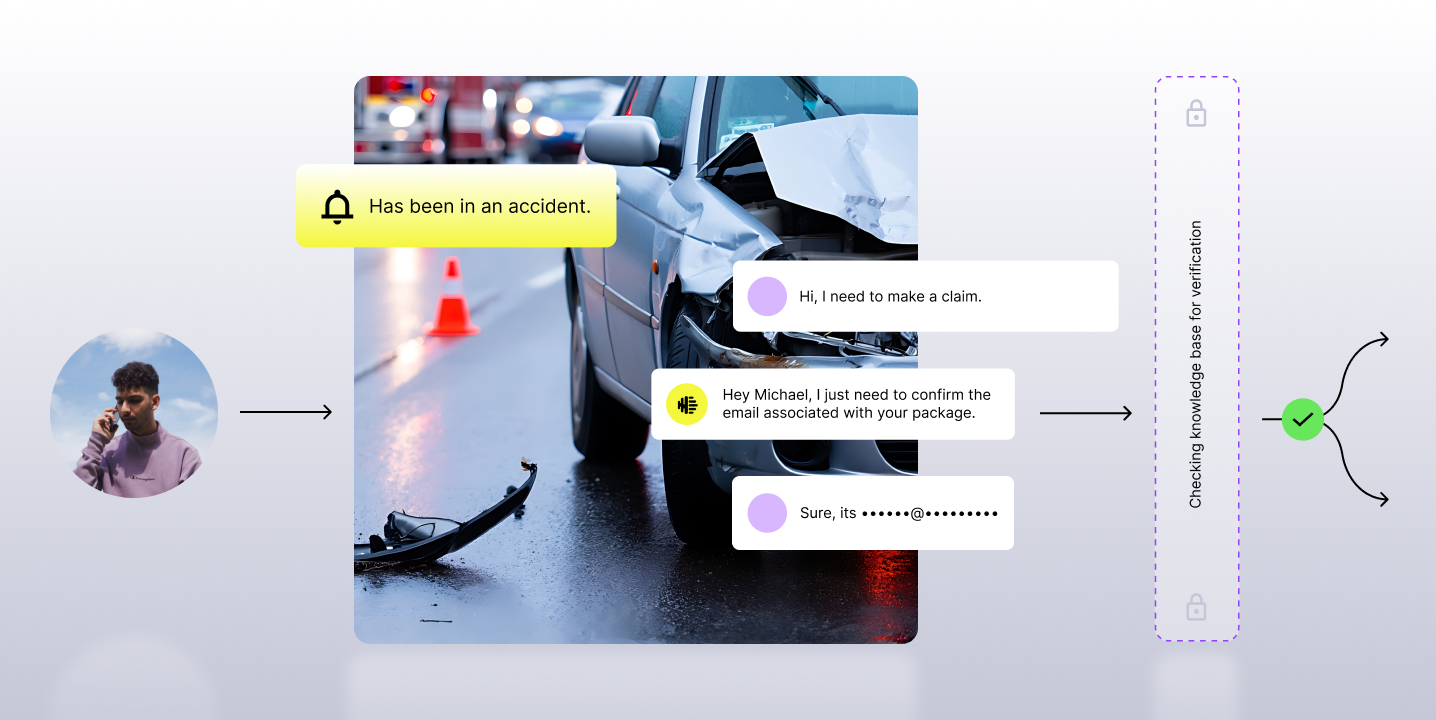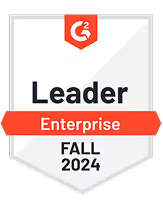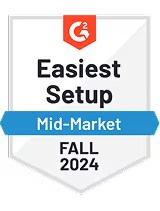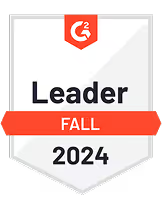Let’s start with a question. Do you identify with any or all of the below statements around agent performance and coaching?
- "I want to coach agents with insightful data, but it’s a pain finding it with so many different systems.”
- “I feel that identifying coaching opportunities is a long, time-consuming process.”
- “We document our coaching notes on Word or email. To manually search and track calls and notes every time is incredibly tedious.”
- “I don’t know if the coaching session has actually improved the agent’s performance.”
Any of those hit home? If so, you’re in the right place. In the next four minutes, we’ll answer:
- What makes a great agent performance program?
- Four actionable ways to rapidly improve your current coaching programs.
Let's dig in.
What makes an agent performance program successful?
The ultimate goal of a world-class agent coaching program is to drive continuous improvement to customer experience (CX). It revolves around building seamless coaching workflows, consistent analytics, and automatically identifying and mitigating inefficiencies and shortcomings across your contact center.
For agents, a great coaching program helps them discover their untapped potential, navigate complexities with ease, and become the best brand representatives.
There are five key elements to successful agent performance programs:
- Raising self-awareness: Your agents on the frontlines handle a variety of customers daily. A great coaching program focuses its agent’s attention on specific instances.
“Here’s what the customer asked. Here’s how you responded. What could you have done differently?” - Being proactive: Preparing for pitfalls based on past experiences is a great way to help agents navigate any issues that may arise in the future. Proactive evaluations, analyzing reports, and preparing the agents for similar issues are what a great coaching program delivers.
“Oh, this was a close call. What precautions can we take to effectively deal with the situation in the future?”
- Being goal-oriented: Agents are your best brand representatives and also closest to the customers. They can make or break brand perception. One of the biggest goals of a coaching program should involve molding your agents in a way that echoes the brand’s core values.
“We want to ensure clients are met by a professional, knowledgeable, and friendly agent.”
- Being action-oriented: Analytics-driven coaching programs help pinpoint blind spots in an agent’s performance, that otherwise would’ve been missed. Designing customized sessions over a generic format that focuses on key problems is more effective in boosting agent performance.
“Let’s talk about specific areas we can focus on to move closer to our goal?”
- Being accountable: Completing the feedback loop on a session by measuring the effectiveness of the program is equally important. Transparency and documentation play an important role here.
“We trust you to do what you say you will do.”
Four Ways to Improve Your Coaching Programs Immediately
1. Use QA evaluations to coach with context
Agile and personalized coaching workflows can greatly impact your team’s performance. This is where your agent QA evaluations come into play. When done right, there are two ways you can use them to strategically influence your coaching programs. It's coaching on what really happened, not what might have happened.
- On-spot coaching: For faster, more focused, and highly visible coaching sessions, use QA evaluations parallel to conversation transcripts and call recordings. These evaluations pinpoint exact instances on that call for the agent to improve.
.png)
- Detailed coaching: QAs can provide supervisors with direct notes for agents, backed with additional resources like call recordings and agent scoring, allowing supervisors to convey clear feedback to agents.
.png)
2. Tie coaching to specific KPIs, like empathy and AHT
Let’s say you want to coach agents on building their empathy skills. Approaching any conversation with empathy puts the agent in a better position to establish rapport with the customer. It’s a critical soft skill that impacts CSAT, business acquisition, and customer retention.
Empathy statements are identified with keyword phrase monitoring and paired with sentiment analysis to determine what specific empathy statements contributed to a positive CX. Once these empathy statements are known, they can be used to replicate the above method to design team-wide or agent level coaching programs to boost and improve CSAT and revenue across the organization.

3. Use micro-coaching to stay proactive
Micro-coaching sessions are laser focused, bite-sized coaching programs for agents to bring speed and agility. For example, picture a scenario where a supervisor notices that a group of agents aren't stating the mandatory compliance dialogues required on every conversation taking place. This is a serious issue that must be addressed immediately, as it can lead to major legal repercussions.
Micro-coaching sessions are quite effective here. Design workflows that address such time-sensitive issues proactively by transforming your people managers into CX coaches.
Here are a few ways to achieve this:
- Build agile coaching programs that address repetitive, standard performance issues immediately.
- Create bite-sized coaching content to quickly pinpoint an area where one or a group of agents need assistance.
- Instead of one big appointment, hack your coaching sessions into smaller formats. This frequent engagement will increase your face time with agents and help address any issues faster.
“The speed at which we’re able to react to what’s happening is critical, and we continuously aim to reduce it. Take a scenario where an agent is coached on compliance days (or up to a week) after an evaluation is completed. There could be severe fatal errors in that time period that need to be addressed, that simply aren’t,” says Neal Topf, President of Callzilla.
4. Encourage peer coaching programs
You can identify consistent top performers by monitoring 100% of the calls and analyzing performance metrics for every agent. Linking these top performers with struggling agents or looping them in for team-wide coaching sessions will encourage peer to peer learning. Programs like small group training or 1:1 virtual training is a practical and agile format.
With contact center AI, you get a view of top performers across different parameters on one dashboard. With this data, coaches can create customized training resources like go-to talk tracks and call snippets of these top performers.
Simply capture talk tracks and bucket the instances of how your top performers navigated tough customers and created positive experiences for them. Voila! You have a playbook. Share it with the team members to get that win!
With Observe.AI, companies like Root Insurance have started implementing the above-mentioned methods. They’re successfully coaching agents via virtual training sessions— Zoom “side-by-side”, as they like to call it, to help agents who are struggling. You can read more on how the Root Insurance agent workforce went remote in just 48 hours.
Wrap Up
Every coaching session is an opportunity to empower and inspire change across your contact center workforce. It’s extremely important to empower team leaders with agent performance data that’s relevant, easy to consume, and actionable. The end result? Empowering your coaches to prepare, deliver, document, and track agent coaching effectively.




















